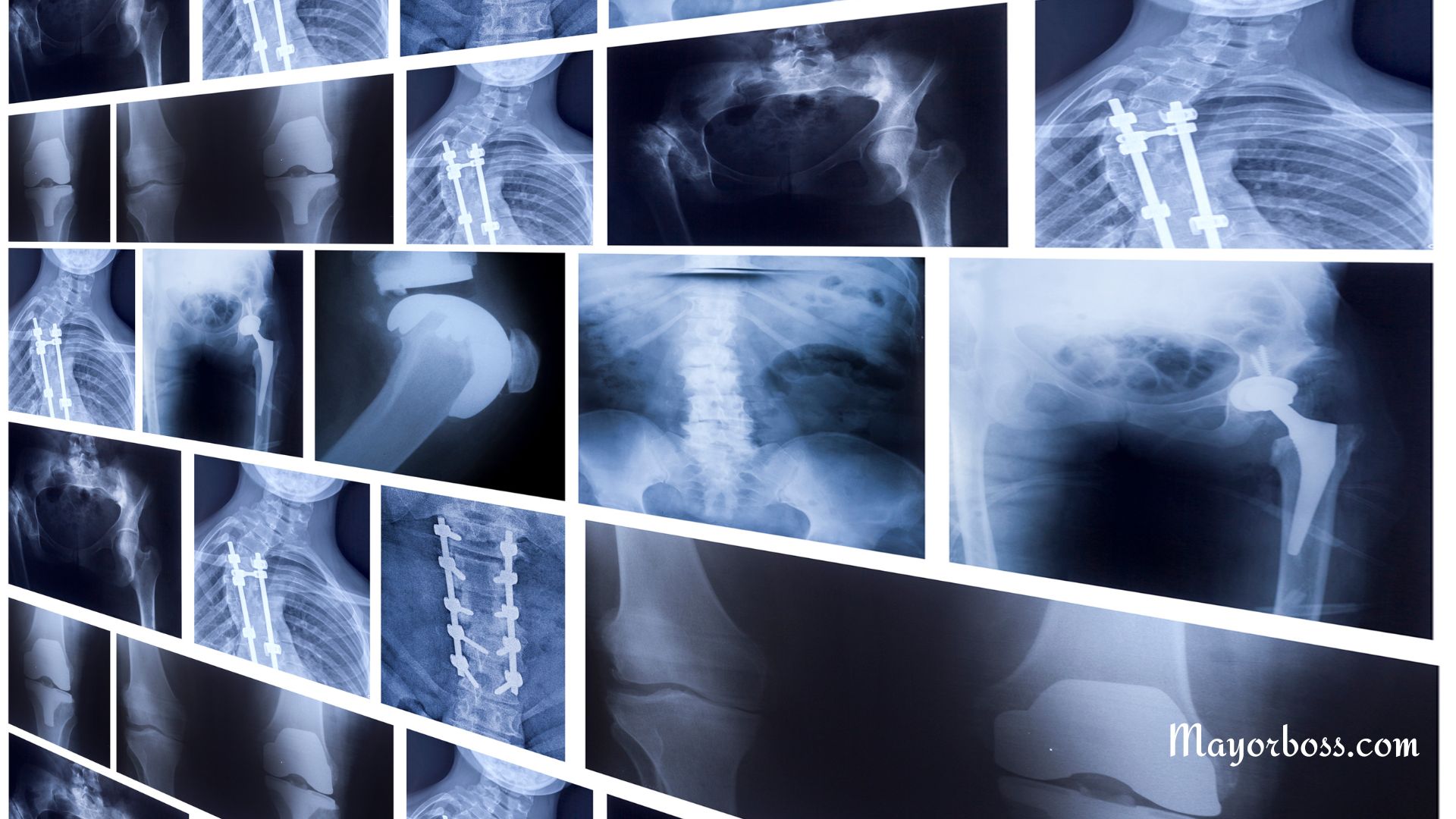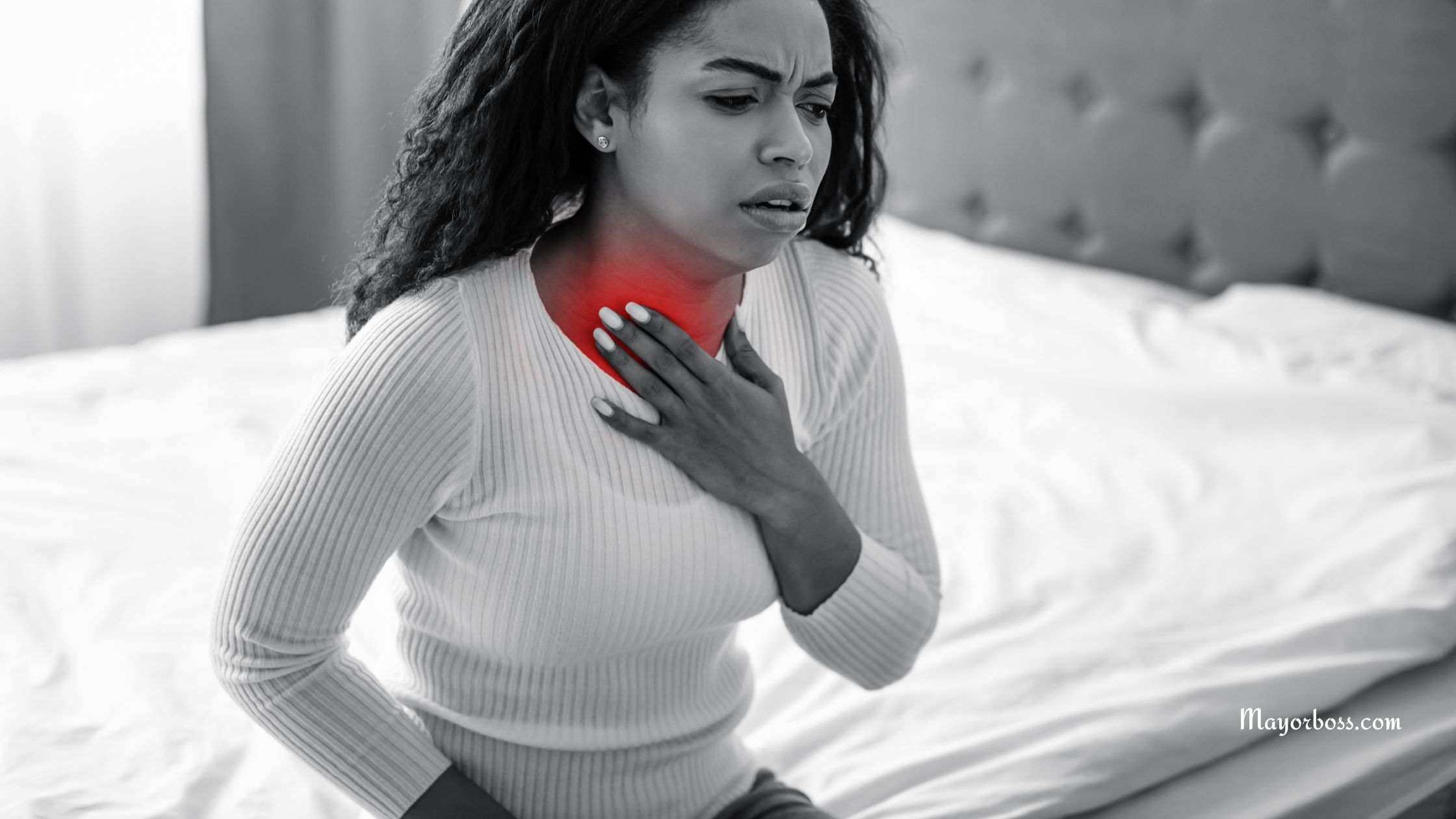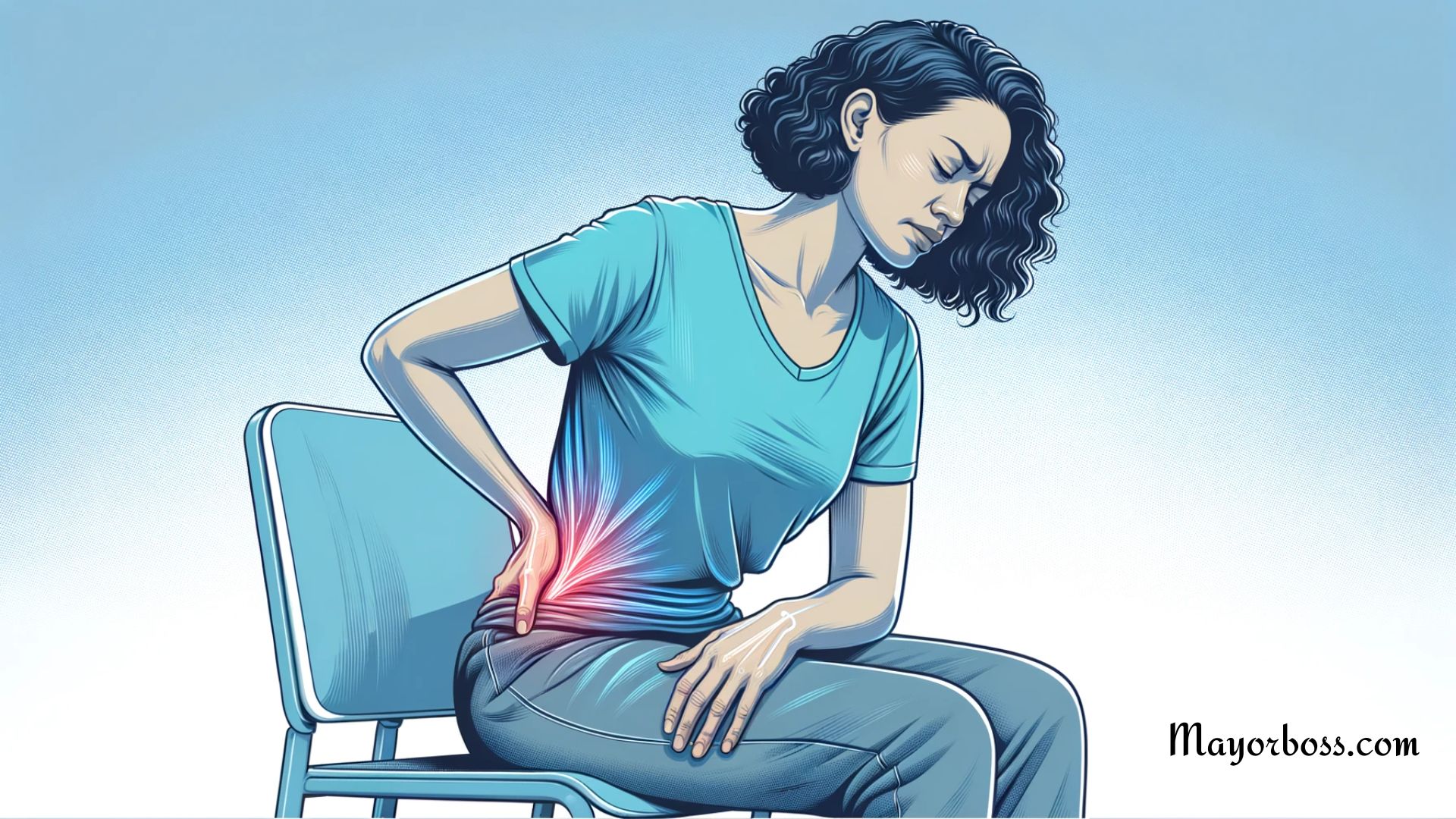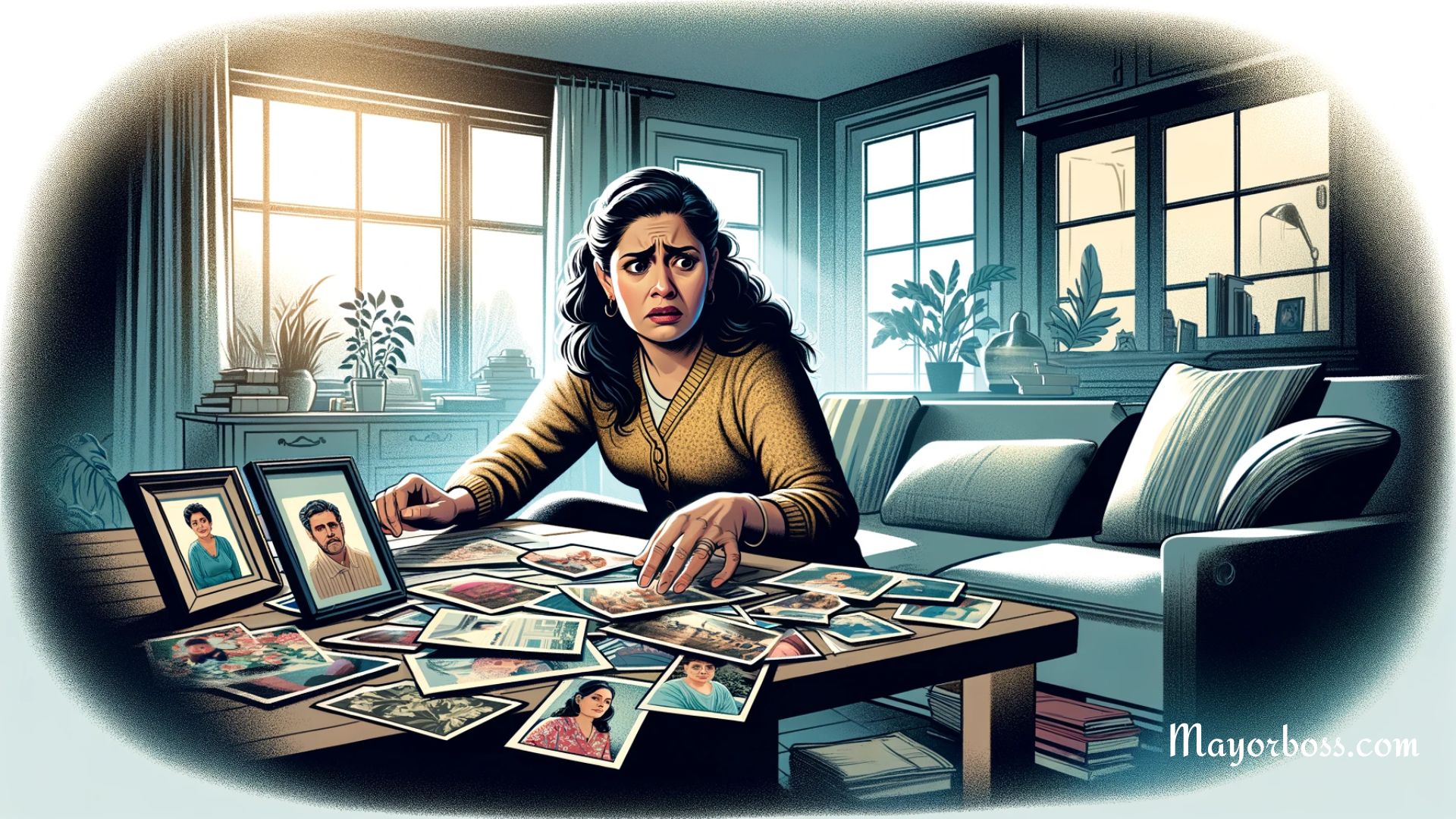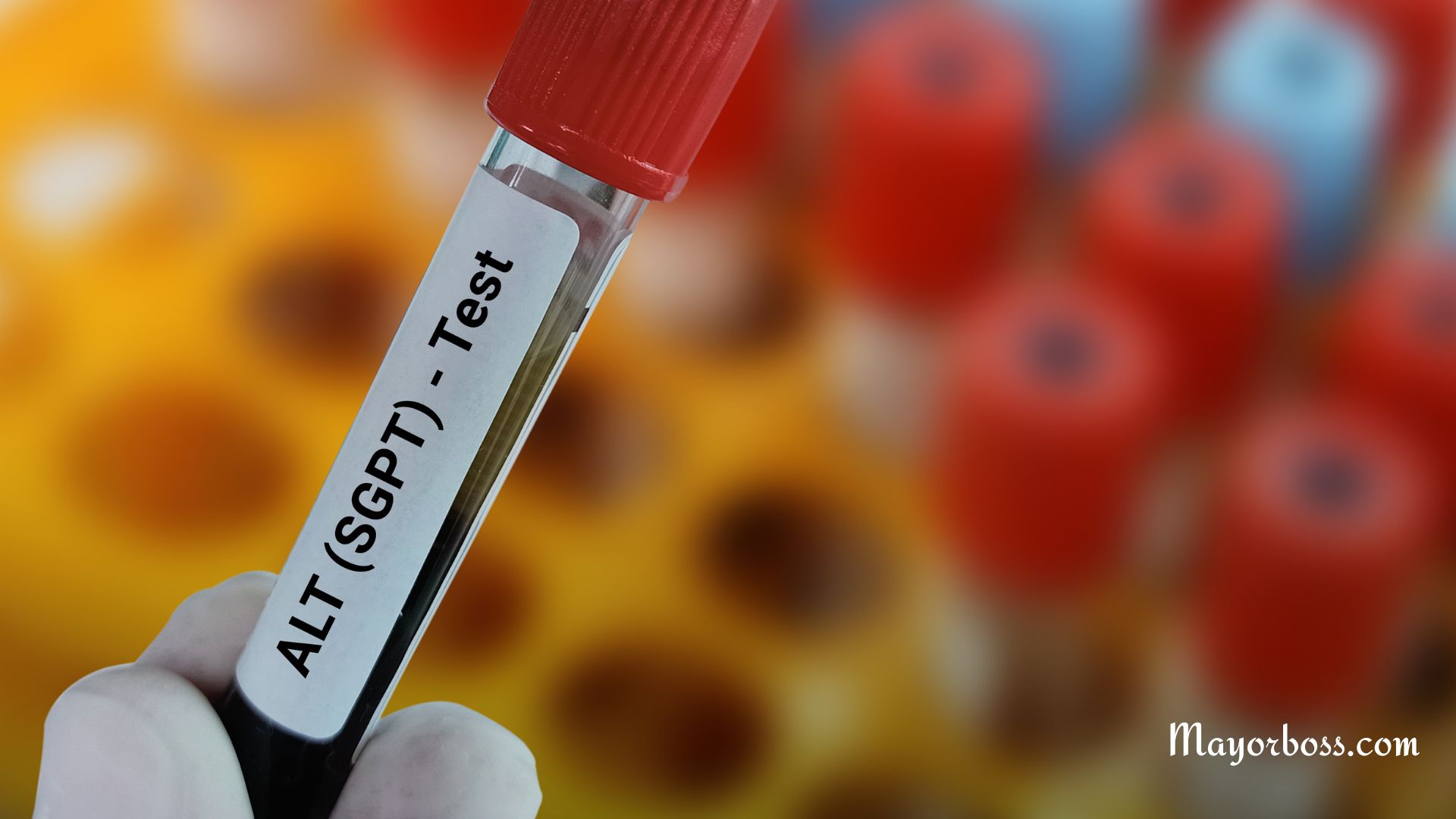5 Signs of High Cholesterol At Night
High cholesterol can develop without many noticeable symptoms. It usually doesn’t cause obvious symptoms until it starts to affect your blood vessels and circulation. But did you know that some symptoms, especially those that happen at night, could be a sign of high cholesterol? Here, we’ll talk about five signs you might notice at night that could mean your cholesterol is too high.
1. Leg Cramps That Wake You Up

If you keep waking up with painful leg cramps, it might not just be dehydration or how you’re sleeping. High cholesterol can cause a condition called peripheral artery disease (PAD), which affects the blood flow in your legs. When cholesterol builds up in the arteries, it forms a thick, fatty deposit called plaque. This plaque can make the arteries narrower, which reduces blood flow, especially to your lower legs. This lack of blood flow can cause cramping or pain, often in the calves or thighs, and it tends to be more noticeable at night when you’re resting.
The pain might feel like a deep ache or even a sharp cramp, and it often comes without warning, making it hard to sleep. If these cramps happen a lot, talk to your doctor—they might want to check your cholesterol levels.
2. Numbness or Tingling in Your Feet
Have you ever woken up at night with your feet feeling numb or tingly? Sometimes, this can happen because of how you’re lying down, but if it happens a lot, it could mean you have poor circulation. High cholesterol can narrow your arteries, making it harder for blood to reach your feet. This can make your feet feel numb, tingly, or even cold, especially at night when your body is resting.
This symptom can make it tough to get comfortable and could lead to restless sleep. If this keeps happening, it’s a good idea to talk to your doctor and get your cholesterol checked.
3. Chest Discomfort or Heaviness When Lying Down
High cholesterol can make your arteries narrower, even the ones that supply blood to your heart. If you feel a heaviness or discomfort in your chest, especially when lying down, it could be a sign that something isn’t right. This could be from reduced blood flow, which can get worse when you’re lying flat.
This feeling of chest discomfort could be an early warning sign of angina, which happens when your heart doesn’t get enough oxygen. If you feel chest discomfort at night, you should see your doctor as soon as possible. It’s always better to be safe when it comes to heart health.
4. Restless Legs Syndrome (RLS)
Restless Legs Syndrome (RLS) is a condition where you feel an uncomfortable urge to move your legs, especially when you’re trying to relax or sleep. It might feel like a crawling or itching sensation that won’t go away. Some researchers think that high cholesterol might play a role in this condition. The idea is that cholesterol buildup could reduce blood flow to the muscles, leading to discomfort and that urge to move your legs.
If you find it hard to keep your legs still at night, and it’s keeping you awake, you might want to check your cholesterol levels. RLS can make it hard to get good sleep, and managing cholesterol could help with these symptoms.
5. Cold Feet That Don’t Warm Up Easily
Do your feet feel cold no matter how many blankets you use? If your feet are always cold at night, it could be a sign of poor blood flow due to high cholesterol. When cholesterol clogs your arteries, it restricts blood flow to your feet, making them feel cold even if the room is warm.
This symptom is more than just annoying—it means your circulatory system is having trouble supplying your feet with enough blood. If your feet are often cold, especially at night, you should talk to your doctor. It could mean you have cholesterol issues that need attention.
What Should You Do If You Notice These Signs?
If you notice one or more of these symptoms at night, it’s important to take them seriously. High cholesterol can lead to serious health problems like heart disease or stroke if left untreated. Here are some steps you might take:
- Schedule a Check-Up: Talk to your doctor about your symptoms. They might suggest a blood test to check your cholesterol levels.
- Eat a Heart-Healthy Diet: Try to eat less saturated fat and trans fat, and add more fruits, vegetables, and whole grains to your meals. This can help control cholesterol.
- Exercise Regularly: Exercise can help improve blood flow and lower cholesterol. Even a 30-minute walk each day can be helpful.
- Take Medications If Prescribed: If your doctor prescribes medicine to lower your cholesterol, make sure to take it as directed. These medicines can help lower your cholesterol and prevent problems.
The Takeaway
High cholesterol often works silently, causing problems without many warning signs. But certain symptoms at night—like leg cramps, numbness in the feet, chest discomfort, restless legs, and cold feet—might be signs that your cholesterol needs attention.
Paying awareness to these signs and acting quickly by talking to your doctor can help you stay healthy. The sooner you act, the better your chances of preventing serious problems. Keep in mind that small changes like eating better, staying active, and keeping an eye on your health can help keep your cholesterol in check and help you sleep better and feel better overall.

